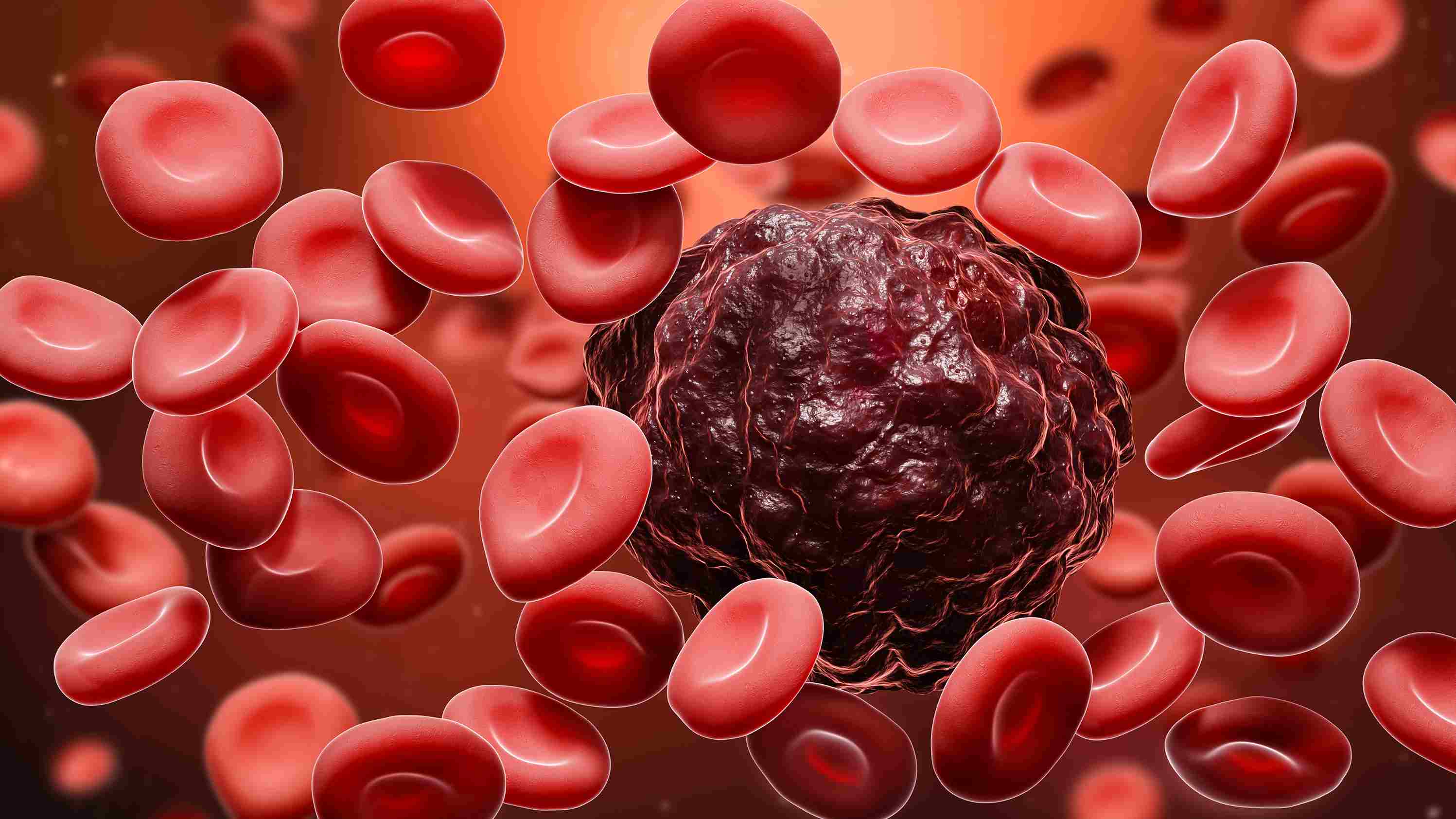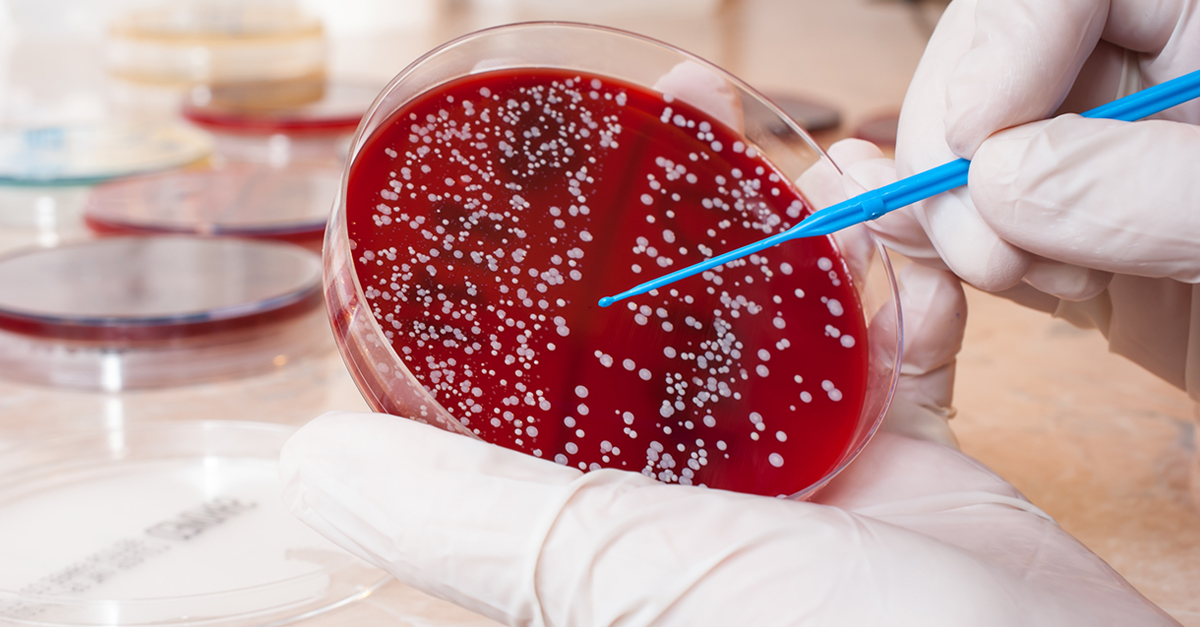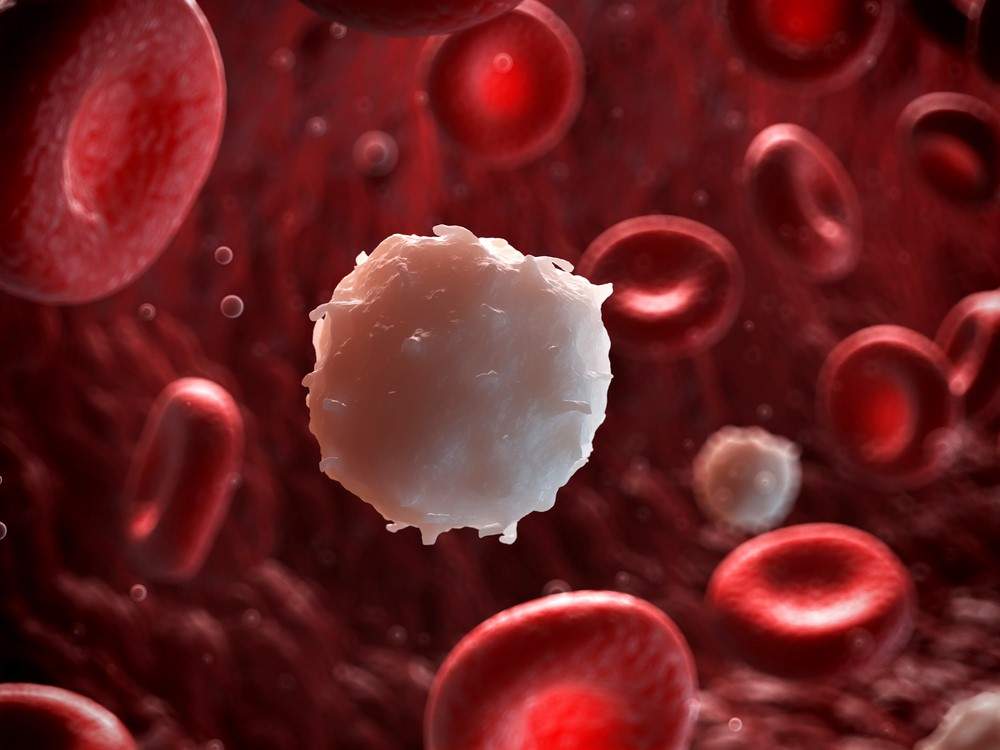What is Blood Cancer High White Cell Count?

What is Blood Cancer High White Cell Count? Blood cancer’s high white cell count is a condition with too many white blood cells in the blood. A variety of reasons can cause this. Most often, it is caused by an infection or an illness. Different types of white blood cells are present in the blood. Neutrophils, eosinophils, basophils, lymphocytes, monocytes, and platelets. Neutrophils are the most common type of white blood cell found in the blood.
As stated above, many white blood cells can cause high white cell counts. You may want to see your doctor if your white cell count is high. Your doctor will ask you questions about your health and the symptoms that you are experiencing. They will also do a physical examination. A simple blood test can determine the cause of high white cell count.
There are two main types of blood cancer. Leukemia and Lymphoma. They affect the white blood cells so I will use those terms interchangeably throughout this article.
Leukemia is a blood cancer affecting the bone marrow, where the red and white blood cells develop. It affects people of all ages but most often strikes children and young adults.
The other type of blood cancer is Lymphoma. It’s a cancer of the lymphatic system, a part of our immune system that fights infection and disease.
Leukemia is a disease in which abnormal white blood cells grow uncontrollably and crowd out healthy ones. This can lead to symptoms including fever, fatigue, and loss of appetite.
Lymphoma is cancer that starts in the lymph nodes. It spreads to the rest of the body through the lymphatic system.
Leukemia and Lymphoma are the most common forms of blood cancer. There are several types of Leukemia. Myeloid Leukemia, Acute Lymphoblastic Leukemia, Chronic Lymphocytic Leukemia,
Have you ever had an abnormal blood test result? Do you know what the difference between Leukemia and Lymphoma is? Do you have any idea what the difference between benign and malignant is? If you answered “no” to any of these questions, this blog post is for you.
White blood cell counts are usually part of a complete blood count. A total blood count can be done to check for health issues such as anemia, infection, or certain types of cancers.
Here is what white blood cells do:
• White blood cells are part of the immune system and help fight off infections.
• White blood cells help to protect you from diseases, such as cancer.
This blog post will discuss common white blood cell count results and their meaning.
Blood Cancer High White Cell Count
leukemia, Lymphoma, or myeloma can cause this disease has many symptoms, including fever, weight loss, easy bruising, and fatigue.
It’s important to recognize that the standard treatment options may not work for everyone. This is because people with blood cancer tend to respond differently to chemotherapy.
It’s also important to understand that several factors contribute to this disease’s severity. These factors include the type of cancer and its location in the body.
For example, blood cancers tend to be more common in older adults. In addition, they tend to be more common in men than in women.
The first thing I’d recommend is you see your doctor and ask them if there’s anything you can do to keep your white blood cell count in check.
Blood cancer cells have high white blood cells, which can cause infections or other problems. If you’re experiencing a fever, sore throat, and flu-like symptoms, it could signify Leukemia Lymphoma.
Blood Cancer Symptoms
Blood cancer symptoms are often very similar to other types of cancer. This is because the blood cells are made up of cells that have become abnormal or cancerous.
This means that you may experience various symptoms before you have cancer. These symptoms include feeling tired, losing appetite, a rash, or bleeding from anywhere.
As a result, you may need to visit your doctor for regular check-ups to ensure you don’t have cancer.
It is very important to be aware of blood cancer symptoms because early diagnosis can increase your chances of survival.
The first step in knowing your risk factors is to check your family history. You may want to consider having your family members undergo genetic testing to see if they are at risk.
Asking your doctor for a referral to a specialist is also a good idea. A dermatologist or hematologist is a good choice.
The next step is to discuss your symptoms with your doctor. They will look at your symptoms and determine your type of blood cancer.
They may also ask you about your lifestyle habits, including alcohol and smoking.
The last step is to get blood tests done. This includes a complete blood count (CBC), erythrocyte sedimentation rate (ESR), and a test to detect leukemia cells in the bloodstream.
Blood Cancer Diagnosis
A blood cancer diagnosis is an expensive process that can often be very uncomfortable. The good news is that modern technology has become much less invasive than it used to be.
The blood cancer diagnosis process is very similar to a definitive cancer diagnosis, except it may include blood tests, biopsies, and imaging scans.
This article will outline the different types of blood cancer diagnoses and how to prepare for them.
Many types of cancer can affect the blood. This is one of the most common types of cancer. It’s also one of the least understood.
The majority of people who have blood cancers live with them for many years without receiving treatment.
I recommend speaking with a medical professional as soon as possible. There is a lot of information on this topic, but you need to speak with a doctor with experience in treating these diseases.
Blood Cancer Treatment
The good news is that there is now a blood cancer treatment available that has been proven effective. This was not available before.
Physicians often give blood cancer treatments. However, many other options are available for those who prefer a more holistic approach.
I have some friends who have successfully used alternative treatments for their blood cancer, but they would never tell me what they used because they are afraid of being shunned by their peers.
That’s a shame because there is nothing wrong with trying alternative treatments. It’s just that some of these treatments aren’t backed by scientific studies, so you run the risk of wasting your money.
There are many different types of blood cancer. They include Leukemia, Lymphoma, myeloma, and others. All of these types of cancer have the same goal: to grow and multiply.
When treating blood cancer, chemotherapy is the most effective way to go. Unfortunately, chemotherapy can cause some side effects, including hair loss, nausea, vomiting, mouth sores, diarrhea, and other symptoms.
However, there are several other options. The first thing to do is talk to your doctor about your treatment options.
Frequently Asked Questions (FAQs)
Q: How did you find out about the high white cell count of blood cancer?
A: One morning, my legs felt weak, and I was in pain. My doctor checked my blood count, and it was very low. After some tests, he told me that I had cancer.
A: When a person has a white count of over 10,000, it can lead to other health problems.
Q: What are the symptoms of blood cancer with a high white cell count?
A: I had swollen lymph nodes, a fever, and headaches.
Q: What treatments for blood cancer with high white cell count?
A: I was treated with chemo.
Q: What is a blood cancer high white cell count?
A: A blood cancer high white cell count means your white cells are over normal levels. This can be due to an infection, autoimmune disease, Leukemia, Lymphoma, or other medical problems.
Q: What are some symptoms of a high white cell count of blood cancer?
A: Symptoms include persistent infections, fevers, weight loss, night sweats, nausea/vomiting, swollen glands, bruising, mouth sores, and diarrhea.
Q: Is a blood cancer high white cell count contagious?
A: Yes, it is contagious. You can spread the infection through unprotected sex with someone who has this condition.
Q: Is there anything that can be done with blood cancer or a high white cell count?
A: There are treatments available, such as medications, immunizations, radiation, and chemotherapy.
Myths About Blood Cancer
- Infections often cause blood cancers.
- An overactive immune system often causes blood cancers.
- Environmental chemicals and radiation often cause blood cancers.
- It’s a disease that only affects older people and kids.
- A high white cell count is a bad thing.
- 3 There are treatments available that cure the disease.
- A high white cell count is a symptom of Leukemia or Lymphoma, not blood cancer.
- Lymphoma is always white.
- Blood cancer only occurs in older people.
- People with Blood Cancer only get sick because they are old.
- People with Blood Cancer only get sick because their immune system is weak.
Conclusion
It’s fairly rare. But if you have high white blood cells, your body’s immune system works overtime to fight off an infection or other illness.
In addition, I want to thank you for taking the time to read this. I hope you found it useful.
It is hard to believe that I am now writing a conclusion to an article I wrote in October of 2017. This article is an overview of a bunch of different health problems.
This article aims to highlight the symptoms of these different health issues and to tell you how you can treat them.
I’m going to start by telling you about blood cancer and high white cell count.















